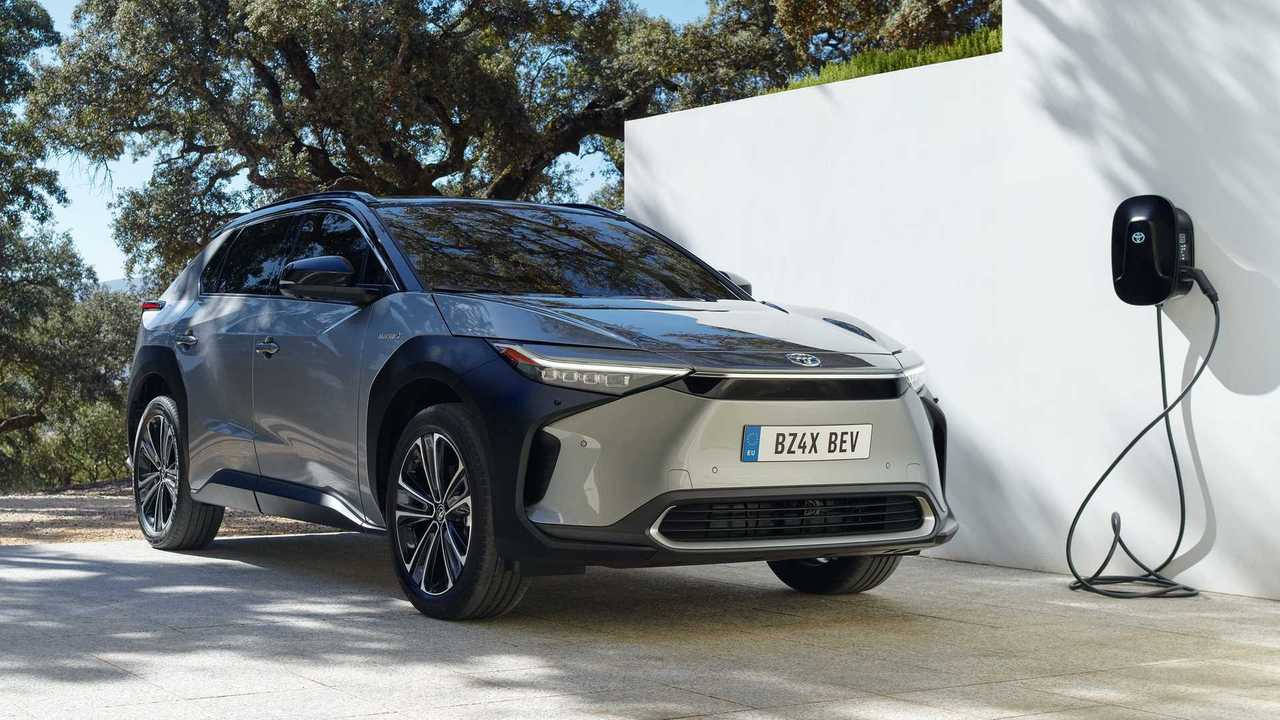Toyota has made a significant move to enter the electric vehicle (EV) market by showcasing new EV concepts at the Japan Mobility Show. The automaker, long criticized for its slow response to the rise of EVs, aims to change that narrative with its latest offerings. Additionally, Toyota revealed plans to enter the home charging and energy management business, a move that many of its competitors have already made.
During a roundtable session in Tokyo, Toyota board member Yoichi Miyazaki stated that if the company sells battery EVs, a charging system would be required. He emphasized the importance of providing a charging system for customers in their homes and expressed intentions to enter the energy ecosystem management business globally. Miyazaki highlighted that the labor force and supply chain currently in place could be utilized to create new products, rather than downsizing due to the production of EVs requiring fewer parts.
Hiroki Nakajima, Toyota’s Chief Technology Officer, echoed Miyazaki’s remarks regarding the importance of implementing home charging infrastructure and emphasized the need to work with dealers to make home charging more accessible.
It is unclear what form Toyota’s future charging systems will take, as the automaker has yet to make any specific announcements. However, this plan aligns Toyota with other automakers like Tesla and General Motors that have already released home energy storage products and charging systems.
Miyazaki’s comments on the impact of EVs on jobs are particularly noteworthy, as Toyota has historically avoided layoffs even during economic downturns. Retraining workers to produce different products and equipment may be necessary to implement this new plan. However, these comments come at a time when the American auto industry is facing its own labor dispute, with workers concerned about potential job losses in an electric vehicle future.
Overall, this announcement is seen as a positive step for Toyota customers who have been eagerly waiting for the automaker to prioritize EVs. While Toyota currently only has one all-electric vehicle available in North America, the bZ4X crossover, the company plans to introduce 10 new battery-powered models by 2026.
Toyota aims to venture into home EV charging and energy management
Toyota, a leading global automobile manufacturer, has set its sights on expanding its offerings beyond traditional vehicles. The company recently announced its plans to venture into the home electric vehicle (EV) charging and energy management market. This move demonstrates Toyota’s commitment to sustainable transportation and its drive to revolutionize the way we power our homes and vehicles.
The rapid growth and adoption of electric vehicles have presented unique challenges, particularly in terms of charging infrastructure. Understanding the need to address these obstacles, Toyota seeks to create a comprehensive solution by integrating home EV charging systems with energy management capabilities.
The company’s new venture involves the development of a specialized device that will enable homeowners to efficiently charge their electric vehicles from the comfort of their homes. This device will ensure not only a seamless charging experience but also efficient energy management, optimizing electricity consumption in an eco-friendly manner.
Toyota’s venture into home EV charging aligns with its broader efforts to become a leading provider of comprehensive mobility solutions. The company has long been committed to reducing emissions and promoting sustainability across its operations and products. By acknowledging the need for an integrated charging infrastructure, Toyota aims to encourage the mass adoption of electric vehicles, further contributing to a greener future.
Moreover, by tapping into the energy management sector, Toyota aims to redefine how homes consume electricity. The device under development will enable consumers to not only charge their electric vehicles but also optimize energy usage within their households. With this solution, homeowners will have greater control over their energy consumption, allowing them to take advantage of cheaper electricity rates during off-peak hours or even sell surplus energy back to the grid.
Toyota’s foray into home energy management aligns with the growing trend of sustainable living and smart home technologies. With a user-friendly interface and advanced features, the device aims to provide homeowners with actionable insights into optimizing their energy consumption, ultimately leading to cost savings and reduced reliance on non-renewable energy sources.
While Toyota’s plans for venturing into home EV charging and energy management are still in the development phase, the company’s commitment to environmental sustainability and innovative mobility solutions provides promising prospects. As the demand for electric vehicles continues to surge, an integrated and efficient charging infrastructure, coupled with smart energy management, will be crucial for a smooth transition into a greener transportation era. By expanding its offerings to include home EV charging and energy management, Toyota aims to position itself as a leader in the future of sustainable mobility.

